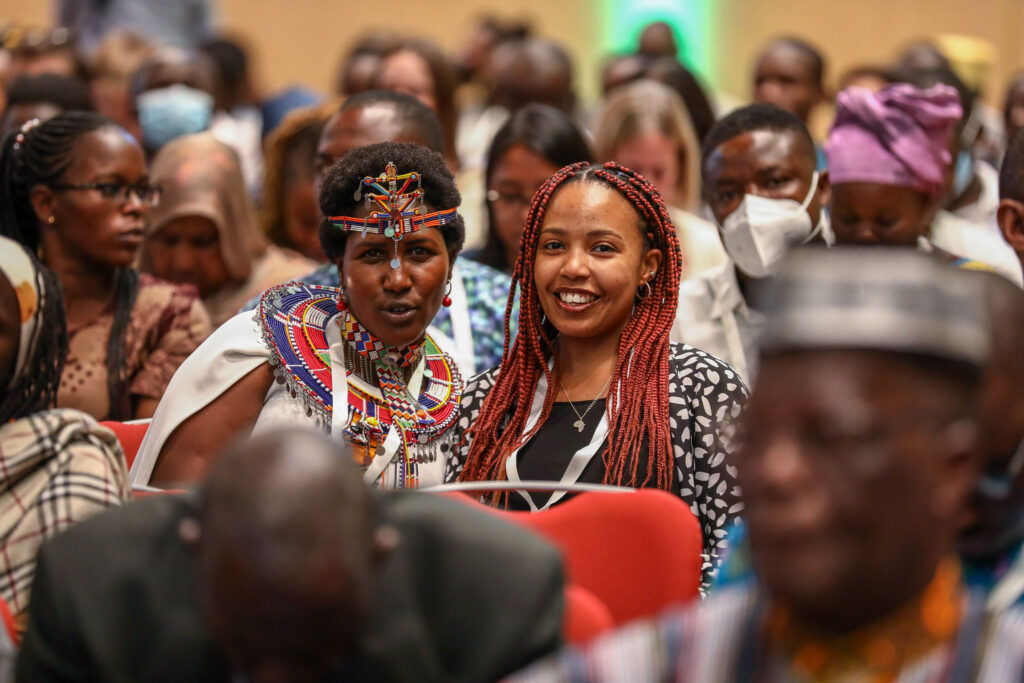There is an urgent need for African countries to increase the level of investment in biodiversity conservation and ecosystem services, said Rwanda’s Prime Minister, Edouard Ngirente.
“This calls for strong Public-Private Partnerships in sustainably protecting, restoring, and managing Africa’s rich biodiversity,” he said during the official opening of African Protected Areas Congress (APAC) that went underway in Kigali on Monday, July 18.
The first-ever continent-wide gathering of over 2,000 delegates including African leaders, wildlife conservation organisations, and interest groups, among others will run through until July 23.
Discussions range from financing for safeguarding Africa’s iconic wildlife to delivering vital life-supporting ecosystem services and promoting sustainable development while conserving Africa’s cultural heritage and traditions.
Ngirente emphasized that it is of mutual benefit that the ecosystem is well taken care of, as consequences of not doing so are severe to human life.
“We must spare no efforts in protecting and conserving this biodiversity. As human beings, we all depend on a safe, clean, healthy, and sustainable environment to survive.”
According to the African Wildlife Foundation (AWF), the co-organisers of the high-level summit, there are over 1,200 national parks in Africa but they are not well managed due to financing gaps.
Najib Balala, Kenyan Minister of Tourism and Wildlife explained that the reason why wildlife conservation has never been an African affair is that “we depend on ‘if there is funding from overseas and NGOs then conservation of wildlife takes place.'”
“The failure as Africans and governments is we haven’t invested enough in wildlife conservation… let’s create our own funding and position, I appreciate the foreign funders for all this time they’ve been supporting but it’s time for us to reflect internally.”
Rozan Al Mubarak, President of IUCN (International Union for Conservation Nature) reiterated that protected areas need to be effectively, equitably managed by and for indigenous communities.
“To do that we absolutely need to secure additional and sustained long-term financing for them because… revenues from ecotourism can quickly be eroded,” she said.
Protected area is a geographical space, dedicated and managed for long-term conservation of nature with associated ecosystem services and cultural value.
Africa has more than 8,500 protected areas.
On the sidelines of the APAC, Rwanda officially launched Nyandungu Eco-tourism Park, an urban wetland that has been transformed from a degraded wetland to an educational and recreational facility, the first of its kind in Kigali.
The 121-hectare park which was restored within six years is home to more than 62 local plant species and more than 100 bird species.
The conference is organized in partnership with IUCN and African Wildlife Foundation (AWF) – the leading international conservation organization focused exclusively on Africa’s wildlife and wildlands.
The opening ceremony was attended by among others former heads of state, including Hailemariam Desalegn, the former Prime Minister of Ethiopia, and Issoufou Mahamadou, the former President of Niger.
